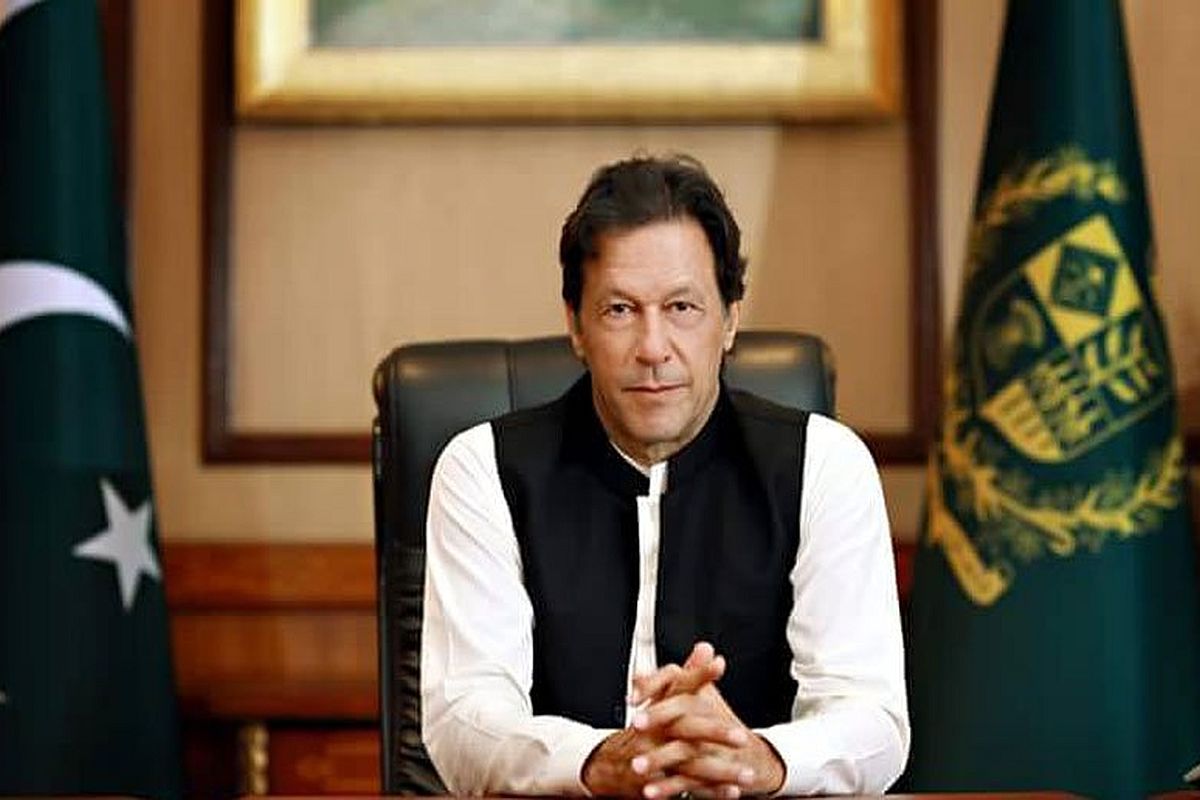The GHQ in Rawalpindi would appear to have reinforced its position with Imran Khan’s government gearing up to countenance the opposition’s no-confidence motion. That signal was emitted on February 11 in the country’s National Assembly. To that can now be added the tensions to the west of the Radcliffe Line over the scheduled Aurat march in March when religious parties will come face to face.
To ensure the removal of the ebullient Prime Minister, whose tenure thus far has been less than smooth, the 342-member legislature must have 172 votes for the co-confidence motion. Though a date for the motion is yet to be fixed, the opposition claims that it has more votes than required. Perhaps to ensure coordination among the legislators, the opposition parties plan to organize “long marches” to Islamabad.
Advertisement
It thus comes about that Asif Ali Zardari’s Pakistan People’s Party will march from Karachi to Islamabad on February 27, a long enough distance. The Pakistan Democratic Movement, an alliance of nine opposition parties, will march to Islamabad a couple of days earlier. The opposition hopes to have a free run, so to speak, across the nation.
The army, it hopes, will be neutral and thus avoid coming to the “rescue” of the Prime Minister, which is a crucial factor behind the opposition’s spirited campaign for Mr Khan’s removal. However, the Government has rejected the opposition’s claim that the “establishment (aka the military) is annoyed with Khan’s incompetent governance”, underlining its stand that there is no discord. Though the army and the executive have avoided speaking in public on thorny issues, a major point of contestation is the retirement of the army chief, General Qamar Javed Bajwa, whose tenure ends in November.
The opposition is determined to deny the Prime Minister the opportunity of appointing the next army chief. There is considerable speculation that the Prime Minister is likely to replace Bajwa with the former ISI chief, Lt-Gen Faiz Hameed, who recently was appointed as the commander of the corps in Peshawar ostensibly to garner experience before helming the military. Last October, the GHQ had its way with the reshuffle.
The Prime Minister’s insistence on retaining him as ISI chief is said to have soured relations between Mr Khan and the theoretically omnipotent military establishment. The opposition’s qualms over Gen Hameed are embedded in allegations that he was behind the anti-blasphemy sit-in protests of Tehreeke-Labbaik Pakistan, a right-wing entity that is ranged against the government. With Gen Hameed as army chief, the military will be harsh in its reprisal, resulting in an uneven playing field in the 2023 elections. There is speculation too that if Imran survives a no-confidence motion, he will name the next army chief before the end of April which is close to six months before the incumbent’s term ends.











